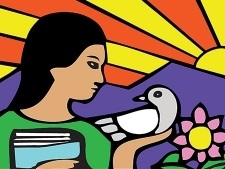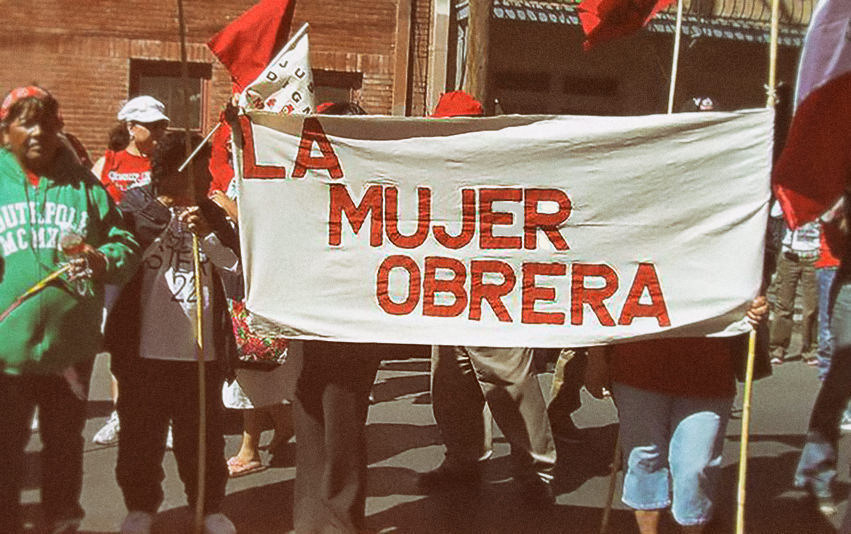La Mujer Obrera is a local independent organization dedicated to creating communities defined by women. Our organization was founded in 1981 by women who were both garment workers and Chicana activists. Our experience showed us that as women we must implement our own ideas and strategies for our community. La Mujer Obrera has developed its organizing strategies based on the following basic human rights: employment, housing, education, nutrition, health, peace, and political liberty. Over the years, La Mujer Obrera has been one of the leaders in the struggle against an “undeclared war” on marginalized women workers of Mexican heritage.
Today La Mujer Obrera continues to challenge the perception that women are an infinite source of cheap labor and that progress means we are the ones who must sacrifice. We must see ourselves as being at the forefront of defining progress within our community. The struggle of women in the factories and resistance to NAFTA has strengthened us to create community. Our collective practice includes: cooking, raising our children, working the land, commerce, artisanry, and cultural celebrations. We need these practices to safeguard our ancestral knowledge and apply it to the present. This is our contribution as women workers in El Paso to the struggle for work, dignity, and justice. The space we are creating belongs to future generations of women and their families.
Quote from Volunteer
“We achieved our purpose at the tianguis: to create a space where community members could share their knowledge with each other. The people who went listened and respected the way they may have respected an ‘outsider expert’ – this means we are succeeding in respecting the knowledge of our elders and people from the community.”
— Maria, Proyecto Verde Volunteer


